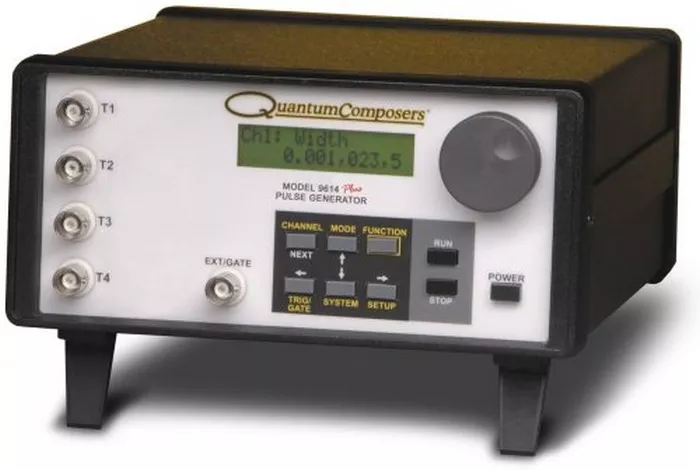A breakthrough in electrical measurements has introduced a programmable quantum current generator (PQCG) that delivers unprecedented accuracy for the ampere. By combining the Josephson effect and quantum Hall resistance standards, this device marks a major advancement in metrology.
Following the ampere’s redefinition based on fixed constants of nature, there has been a demand for more precise current sources. Traditional methods, such as single-electron current sources, often struggle with accuracy, especially at higher frequencies. The PQCG addresses these challenges by controlling the flow of elementary charges with extreme precision and eliminating the need for classical corrections.
The PQCG achieves relative uncertainties below 10−8, generating currents from nanoamperes to milliamperes, and integrates two programmable Josephson voltage standards linked to quantum Hall resistance standards. This innovation enables the device to generate highly accurate, quantized currents with minimal deviations, ensuring consistency and reliability in measurements.
Developed by researchers S. Djordjevic, R. Behr, and W. Poirier, the PQCG promises to improve electrical measurement traceability and create a primary quantum current standard. The technology could simplify the calibration of digital ammeters and enhance overall accuracy.
Looking ahead, the researchers are optimistic about refining the device for even smaller current levels, advancing the use of quantum measurement standards across various industries. This development represents a significant step in the future of precise electrical measurements.
Related topics:

